Battle of the big screens: Can phablets replace the smartphone and tablet?
There’s no denying smartphones are getting bigger and Samsung is leading this fad, but will phablets ever catch on for business?


"We may see smaller tablets yes, but larger phones? Not unless we see more discrete Bluetooth headsets to accompany them," he explains.
However, Absalom says the biggest block to phablet adoption in companies actually lies with consumer demand.
A phablet provides a halfway house between a smartphone and a tablet. And it's down to user preference whether employees begin requesting a Note or similar large-screened device from their employers.
Many companies still do not fully embrace the Bring Your Own Device (BYOD) concept, but are increasingly listening to employees and providing corporate smartphones and tablets for them to use. Therefore, introducing phablets will be dependent on user demand.
"We conducted a survey last year about how people are using devices both for consumer and business and we're in the process of refreshing that now," Absalom explains. "We were looking at how long employees spent on devices and outside calling and texting and found most employees spent more time on apps on tablets, while smartphones were used primarily for email and browsing."
Emailing and browsing drives smartphone use, while the study showed corporate social networking didn't get as much usage on smartphones. A lot of this is down to whether the apps for corporate social networking and communication is available on devices, according to Absalom.
The study also found that employees spend more time on their corporate devices than they do on their own devices. Partly because consumers don't have to pay for the data for using apps, but also because employers provide the applications the employees want to use.
The form factor plays a big part on which apps employees will use devices for too.
Sign up today and you will receive a free copy of our Future Focus 2025 report - the leading guidance on AI, cybersecurity and other IT challenges as per 700+ senior executives
Tablets are much more commonly used for rich applications, including CRM apps because the screen is bigger and it's much easier to see graphs and information on a bigger screen.
"We're starting to see and hear a lot of people bringing company apps to tablets and smartphones, especially in the US. Many of these companies and vendors are also bringing mobile app stores to their company, where employees can download the apps they need, for the device they need, from a corporate environment."
Absalom adds that he has his suspicions that you can get more out of apps on a tablet rather than phablets that have a limited screen size.
There's obviously more screen estate on a phablet than a smartphone, which makes it better for the tablet apps, but it would probably be used as a small tablet rather replace a smartphone and tablet in the field. When it comes to tablets, consumer-friendly features and apps are key.
Absalom doesn't think businesses will start rolling out phablets unless it's what employees want and employees look at the form factor and what's available in terms of applications for that form factor.
A phablet provides a halfway house between a smartphone and a tablet. And it's down to user preference whether employees begin requesting a Note or similar large-screened device from their employers.
Unless you have large hands, it's pretty unlikely you're going to want to use one as a smartphone. If you already have a smartphone, you may as well get something bigger a more traditional tablet rather than a phablet. It won't be a smartphone replacement, but a device used alongside a smartphone.

Clare is the founder of Blue Cactus Digital, a digital marketing company that helps ethical and sustainability-focused businesses grow their customer base.
Prior to becoming a marketer, Clare was a journalist, working at a range of mobile device-focused outlets including Know Your Mobile before moving into freelance life.
As a freelance writer, she drew on her expertise in mobility to write features and guides for ITPro, as well as regularly writing news stories on a wide range of topics.
-
 Can enterprises transform through startup theory?
Can enterprises transform through startup theory?In-depth For big corporations, the flexibility, adaptability, and speed of a startup or scale-up is often the total opposite of what’s possible within their own operations
-
 AI is creating more software flaws – and they're getting worse
AI is creating more software flaws – and they're getting worseNews A CodeRabbit study compared pull requests with AI and without, finding AI is fast but highly error prone
-
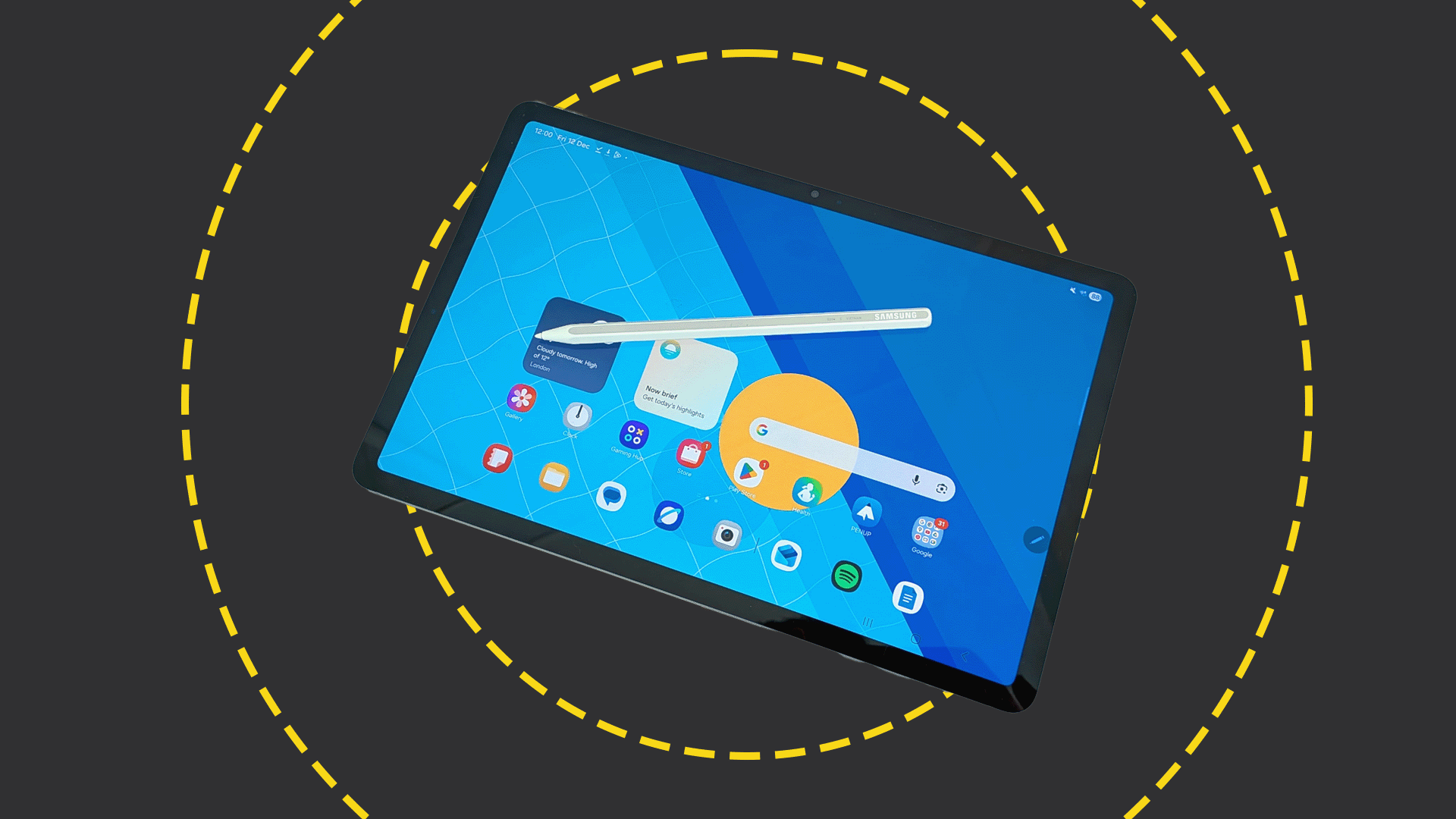 The excellent Samsung Galaxy Tab S11 is slightly overpriced
The excellent Samsung Galaxy Tab S11 is slightly overpricedReviews A brilliant lightweight tablet with a superb screen, but the competition makes it look expensive
-
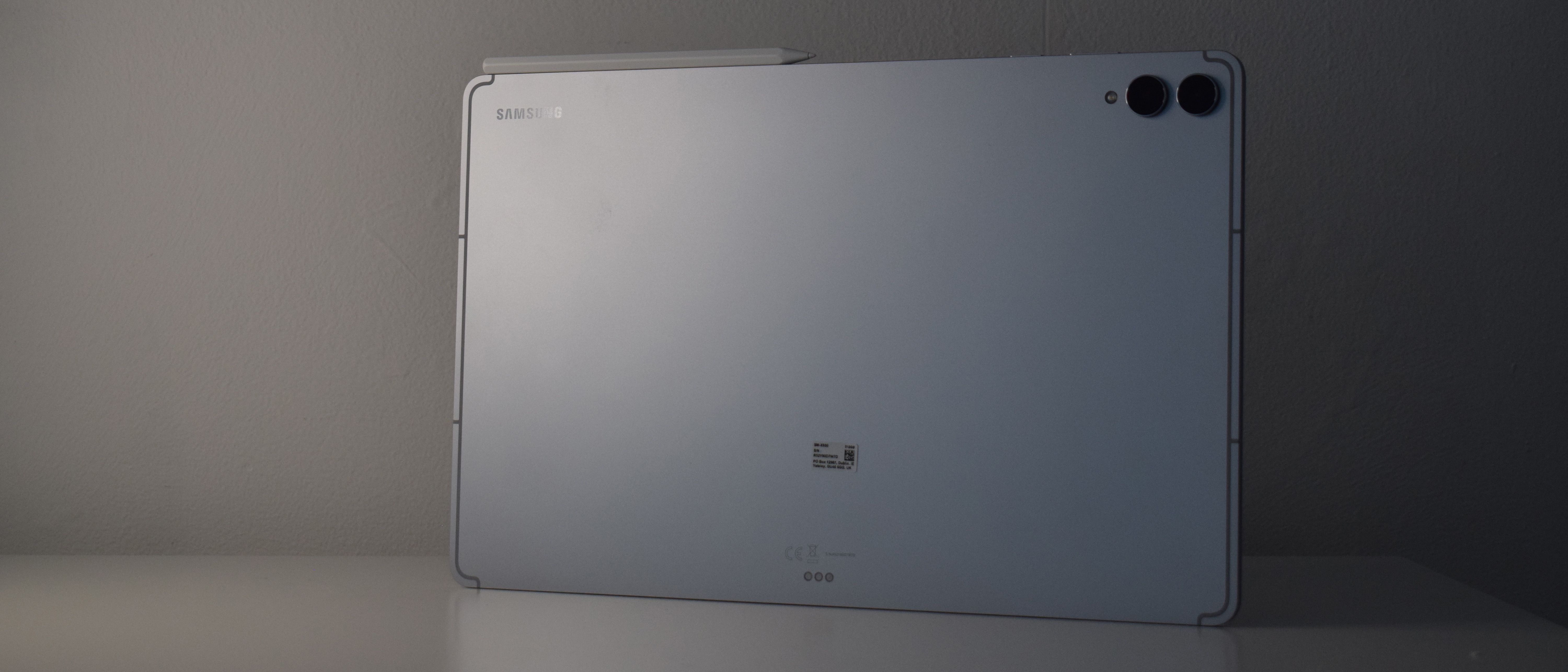 The Samsung Galaxy Tab S11 Ultra has more power, more AI, and much more battery life than its predecessor
The Samsung Galaxy Tab S11 Ultra has more power, more AI, and much more battery life than its predecessorReviews A wonderful slab of technology, packed with AI features, and the battery life is fantastic – very much a tablet worthy of the name, 'Ultra'
-
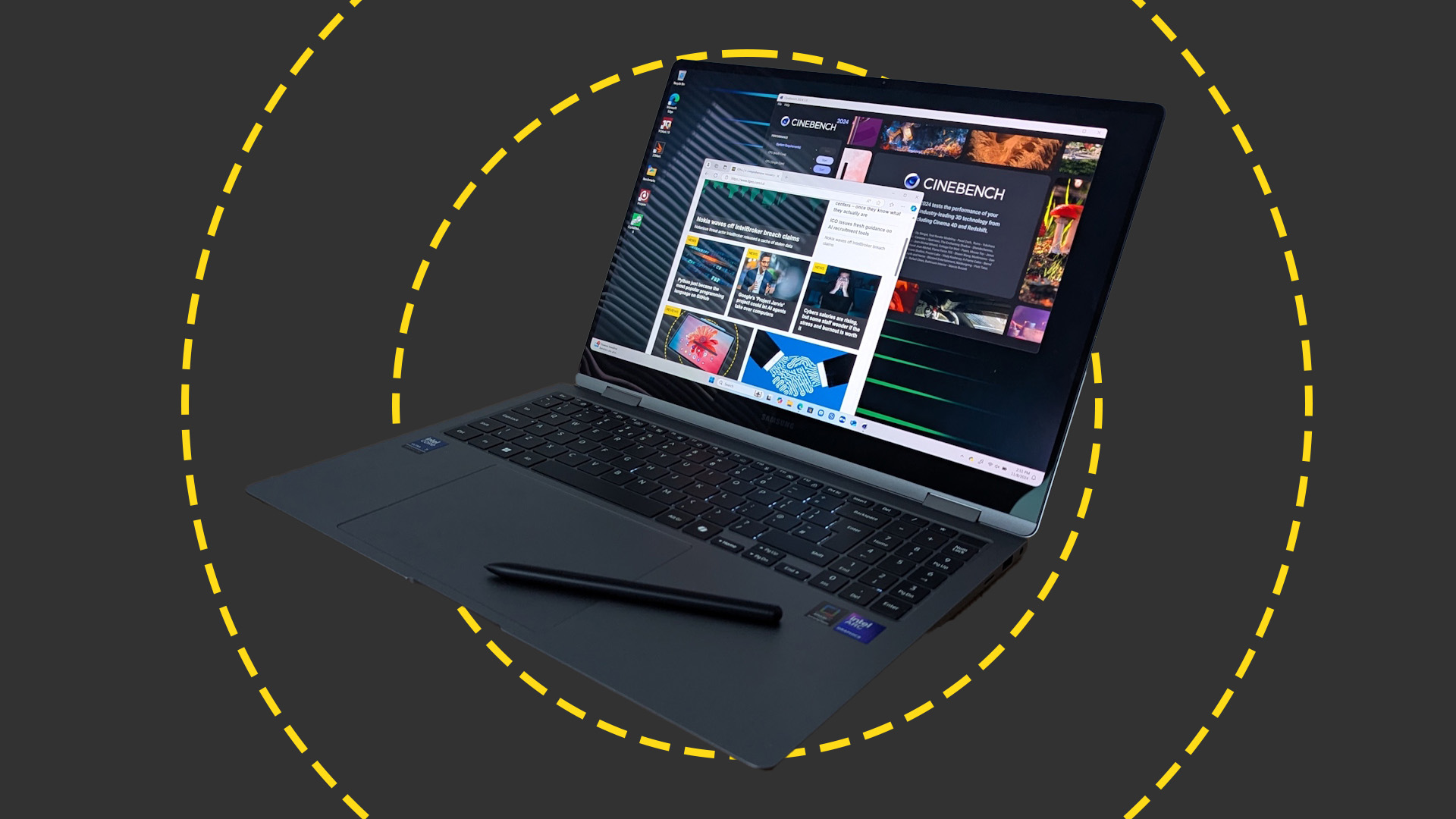 Samsung Galaxy Book 5 Pro 360 review: Almost the perfect big-screen laptop
Samsung Galaxy Book 5 Pro 360 review: Almost the perfect big-screen laptopReviews The Book 5 Pro 360 is a laptop you slowly get accustomed to, rather than one that feels right from the word go.
-
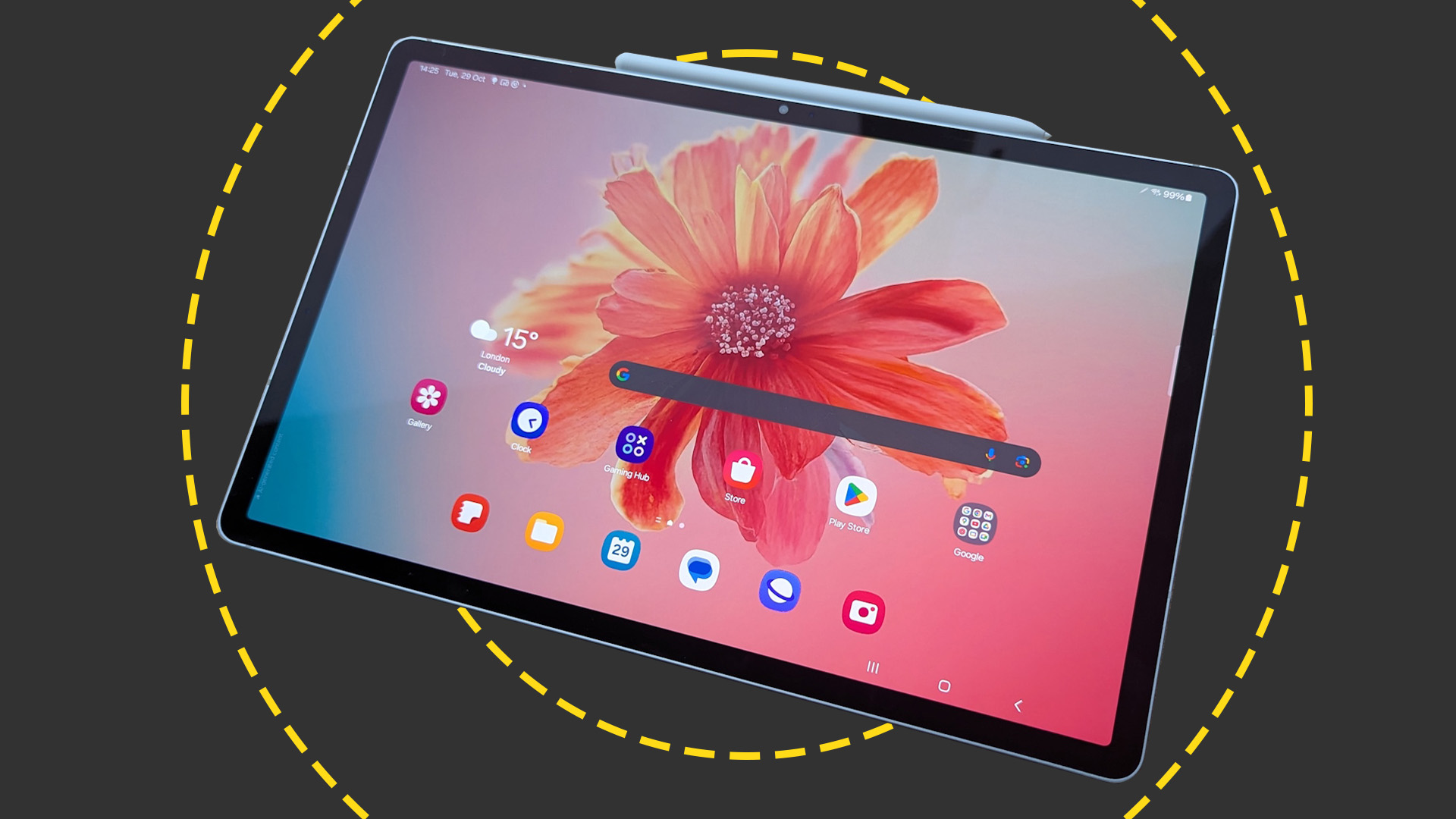 Samsung Galaxy Tab S10+ review: Possibly the best Android tablet for business
Samsung Galaxy Tab S10+ review: Possibly the best Android tablet for businessReviews With good performance, AI features and an exceptional screen, the Tab S10+ is the best Android tablet out there, if not quite the best tablet overall
-
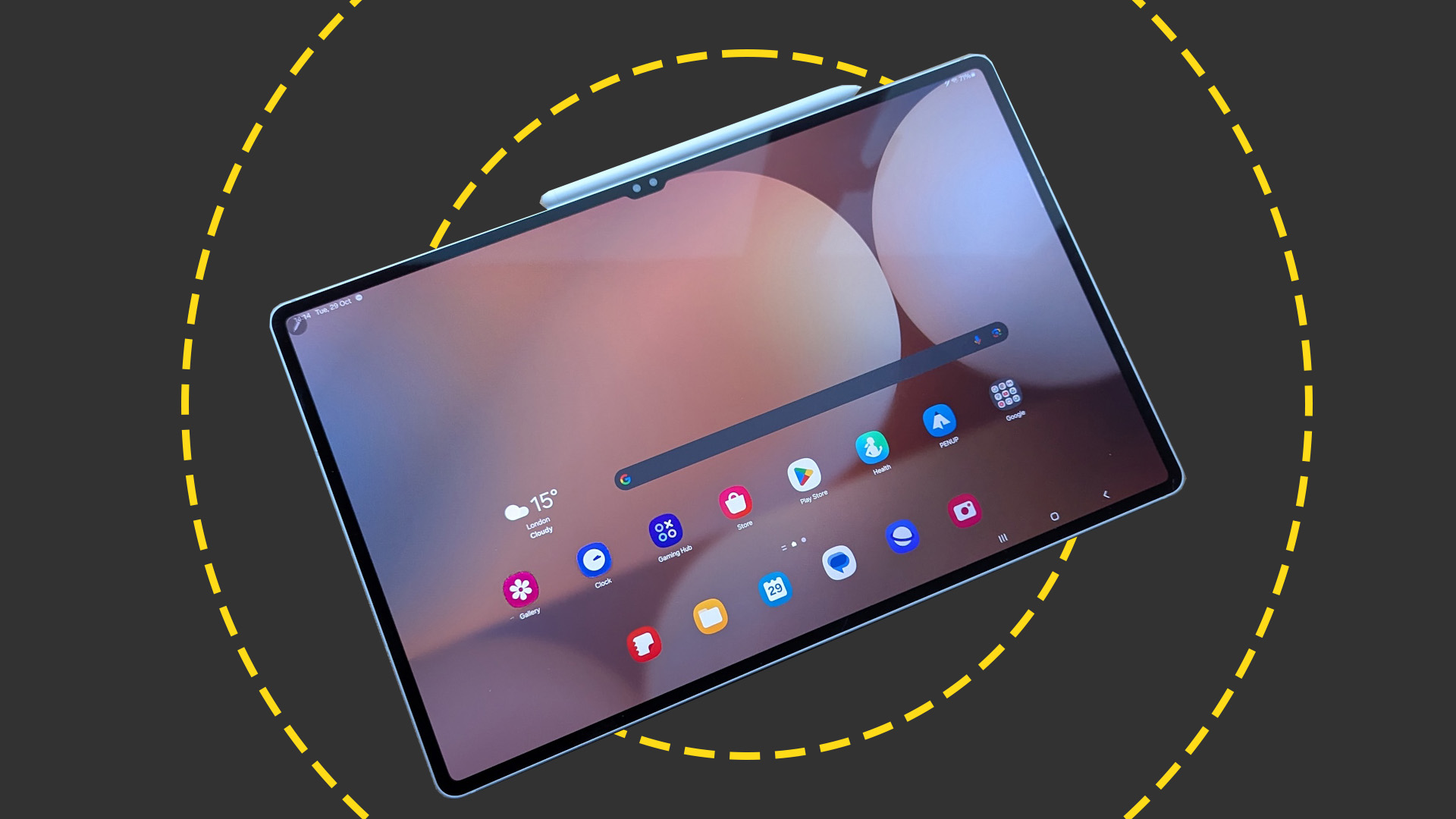 Samsung Galaxy Tab S10 Ultra review: Samsung's big-screen tablet is an AI-powered multitasking monster
Samsung Galaxy Tab S10 Ultra review: Samsung's big-screen tablet is an AI-powered multitasking monsterReviews The sheer size won't be for everyone, but the Tab S10 Ultra has the screen, performance, and multitasking prowess for serious work
-
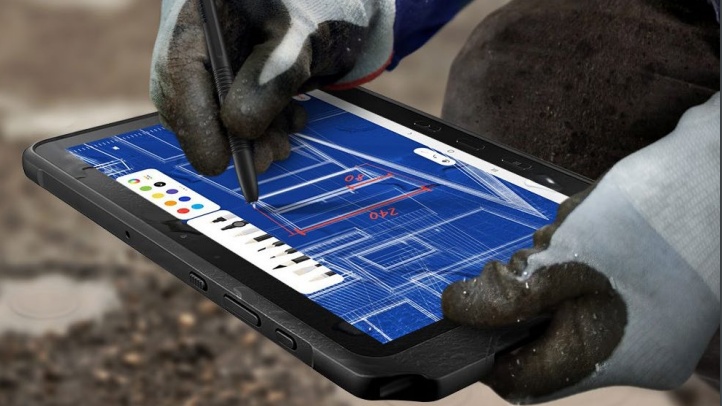 Rugged goes mainstream
Rugged goes mainstreamwhitepaper Why every business needs rugged devices to get the job done
-
 Why tougher doesn’t need to mean harder
Why tougher doesn’t need to mean harderwhitepaper Bridging the rugged and consumer device divide
-
 Samsung reveals plans for $15bn chip research center to break semiconductor scaling barriers
Samsung reveals plans for $15bn chip research center to break semiconductor scaling barriersNews The news follows the company's proposal in July to build 11 Texas semiconductor plants worth $191 billion